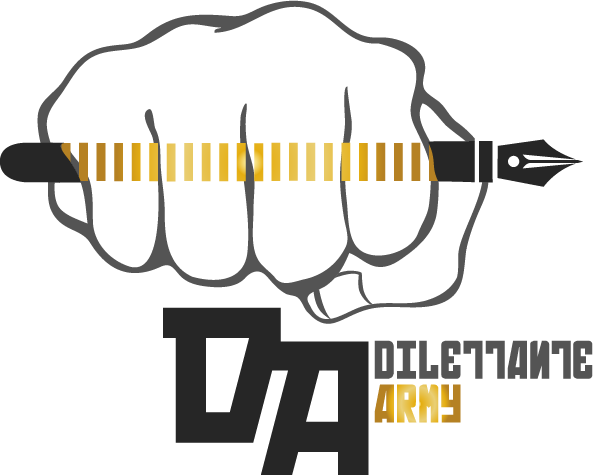Call for Submissions: Critical Constellations
A critical constellation is a made-up term for an artistic phenomenon that’s happening all the time: poets talking to each other intimately and specifically about each other’s works outside of the public eye. These constellations form between living poets, but they also form between the living and the dead and even versions of the same person (à la “Borges and I”). They are letters to young poets and words in air. They are scribblings on submissions passed back across a workshop table that sometimes—often—grow into lifelong friendships.
If we are lucky, we receive these constellations through edited correspondences, but these treatments are reserved only for those luminaries whose works were already widely celebrated. Instead, what we see of these constellations are usually made for the market: through authors’ blurbs or judges’ citations and forewords that endorse a winner’s manuscript.
Commerce drives, too, the existence of negative criticism. Poets may write about each other, but the community remains small enough where the wrong negative terms may preclude emerging writers’ careers before they’ve even begun, whether the critic and criticized are acquaintances at all. It is assumed, at some point, they will come to be.
The case is also true for ambivalent critiques. Commerce embraces the searing blurb, erudite endorsement, or the lightning-click take-down, but it does not know where to place ambivalence, regret, or other sticky notes that do not chime with the left or right neatly.
The form of the review itself has its own flavors of authenticity. Namely, the form discourages any relationship between the reviewer and the maker. The less intimacy, the more objective, and the more objective, the more reliable. But reliable for what? What do we lose without the ability to express our questions, our ambivalences, to our friends?
Critical constellations are do-it-together forms. They grow in the space between two poets genuinely corresponding for each other’s evolutions and side quests. They occur in the depths reached through diving into each other’s wrecks, where play is abundant and failure the point. They provide opportunities to assert real differences only possible when we are each other’s witnesses.
A poet may win a manuscript contest. Yet, along with publication, the real prize is a close reader who, perhaps, may have given their work a chance to be understood. But what if those readers are already among us? Who have we already won? More importantly, who already might understand, whether they like it or not?
For the Fall 2024 issue of Dilettante Army, we invite you to experiment with your own critical constellations, such as
- Poetic lineages: writing critically about one poet who you learned from and another whom you’ve taught
- Two or more poets each writing critically about the same poem, perhaps by someone they both know
- Letters to young poets, variously conceived
- Letters to past and future selves
- Essays on pieces you once hated or loved, and that you now respond differently to
- Essays that express ambivalent critiques about a poem or book of poems
- Blurb, letter of recommendation, or shelf talk satire
Critical Constellations is guest edited by Yanyi. Yanyi is the author of Dream of the Divided Field (One World 2022) and The Year of Blue Water (Yale 2019), winner of the 2018 Yale Series of Younger Poets Prize.
Submission pitches should be emailed to Dilettante Army (dilettantearmy@gmail.com) by Monday, July 1, 2024. Before submitting, please read our submission guidelines for more information on what we publish.
Image: Agnes Giberne’s The Story of the Sun, Moon, and Stars (National Book Company, 1898). Image courtesy of Public Domain Review.



Dilettante Mail
Get updates from us a few times a year.